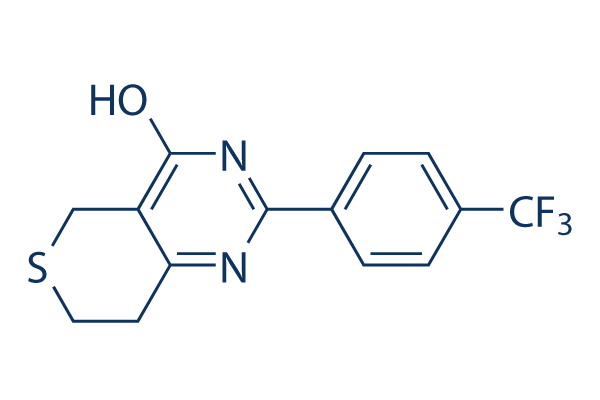Muscle protein turnover signaling is just not impacted following persistent LPS remedy and GSK 3 inhibition To tackle the likely contribution of altered protein synthesis signaling to the muscle atrophy phenotype, the protein amounts and the phosphorylation state of mTOR and its downstream effectors p70S6K and 4E BP1 as well as Akt, the upstream activator of mTOR were assessed. The phosphorylated Akt to Akt ratio in LPS manage muscle was unchanged following a twelve week remedy regimen with intranasally instilled LPS. Likewise, the p Akt levels in muscle exposed to SB216763 alone or in combination with LPS remained unaltered, comparable to vehicle/saline taken care of controls. Similarly, the phosphorylation state and abundance of GSK 3B, a direct downstream substrate of Akt, was unaffected in any in the disorders.
Chronic pharmacological GSK three inhibition by SB216763 during the lung did not result in de tectable alterations within the phosphorylation state within the GSK 3B substrate eIF2B?. Additionally, the ratio of p mTOR in excess of complete mTOR was unaffected in any within the problems. The phosphoryl ation state of p70S6K, a downstream substrate of mTOR, was unaffected purchase VX-809 by LPS instillation or GSK 3 inhibition. In contrast, phosphorylation of S6, a substrate of p70S6K, tended for being reduced on LPS instillation, but these findings did not attain statistical significance. Last but not least, repeated LPS administration or GSK three inhibition didn’t affect p 4E BP1 or complete 4E BP1 pro tein abundance, as one other downstream substrate of mTOR. The two phosphorylated amounts of FoXO1 as well as complete FoXO1 protein abundance remained unaltered following both LPS or SB216763 treatment method.
In contrast, the p FoXO3a to FoXO3a ratio was reduced in response to concomitant LPS and SB216763 treatment method, and that is indicative of enhanced FoXO3a action. Altogether these information imply that gross alterations in skeletal muscle protein turnover signaling could not account to the muscle selleckchem atrophy ob served in response to continual pulmonary inflammation,  nor the prevention thereof by pharmacological GSK three inhibition. GSK three inhibition prevents TNF induced impairment of myogenesis As well as alterations in protein turnover, impaired myogenesis may lie with the basis of sustained muscle wast ing. Also, systemic irritation resulting from pulmonary inflammation can set off muscle atrophy, and inflammatory cytokines have already been proven to contribute to muscle wasting through the inhibition of myogenic differentiation. To investigate no matter whether pharmacological GSK 3 inhibition prevents impaired myogenesis, differentiating C2C12 myoblasts had been cul tured while in the presence or absence of LiCl and/or TNF. LiCl is known as a direct and indirect inhibitor of GSK 3 and continues to be extensively made use of to investigate the position of GSK 3.
nor the prevention thereof by pharmacological GSK three inhibition. GSK three inhibition prevents TNF induced impairment of myogenesis As well as alterations in protein turnover, impaired myogenesis may lie with the basis of sustained muscle wast ing. Also, systemic irritation resulting from pulmonary inflammation can set off muscle atrophy, and inflammatory cytokines have already been proven to contribute to muscle wasting through the inhibition of myogenic differentiation. To investigate no matter whether pharmacological GSK 3 inhibition prevents impaired myogenesis, differentiating C2C12 myoblasts had been cul tured while in the presence or absence of LiCl and/or TNF. LiCl is known as a direct and indirect inhibitor of GSK 3 and continues to be extensively made use of to investigate the position of GSK 3.
Inhibitor Kit
KIT is a receptor tyrosine kinase type III, which binds to stem cell factor.
